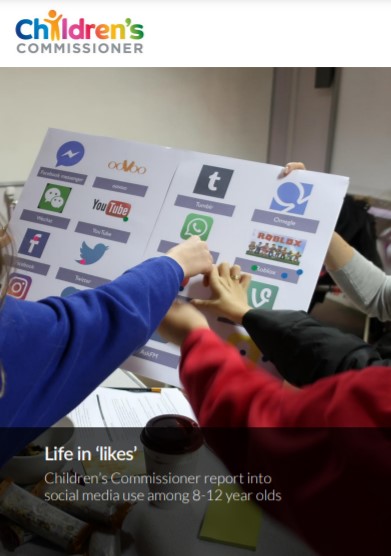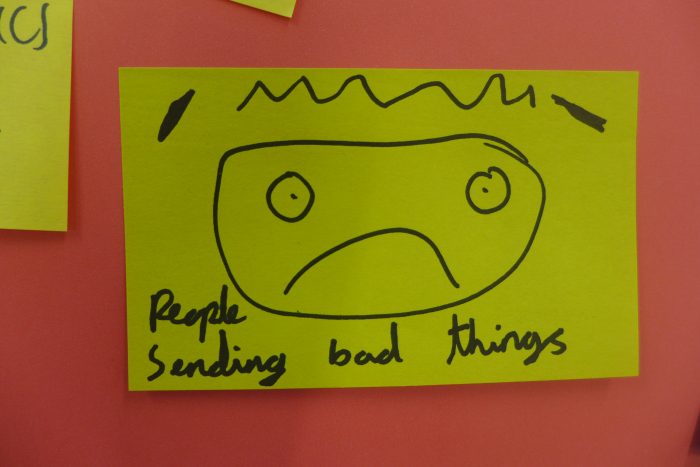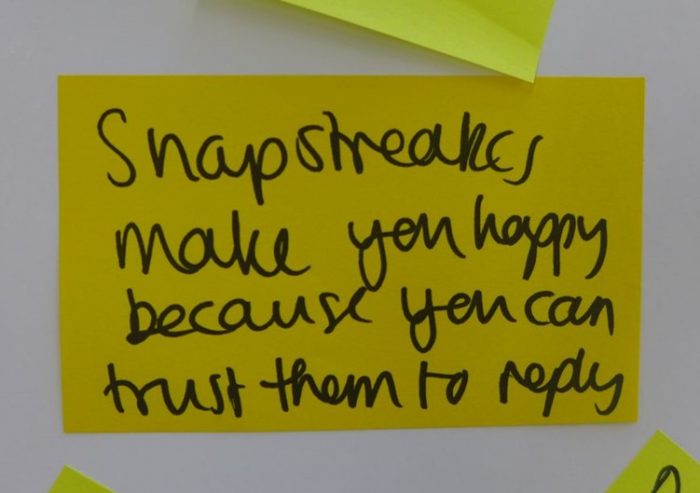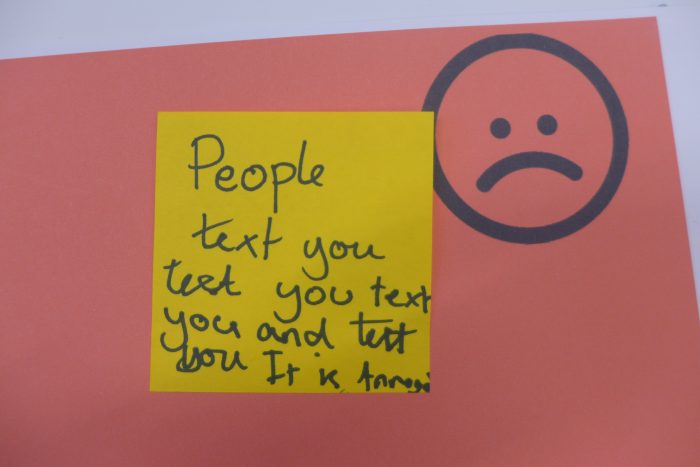You may have seen or heard the Children’s Commissioner Anne Longfield in the news today, warning about the dangers of younger children using social media and making recommendations on how best to protect them.
We researched and produced this Life in ‘Likes’ report for the Children’s Commissioner, exploring how children aged 8-12 use social media and what impact this has. While these children enjoy using social media for fun and to stay in touch, it can also have negative effects on their emotional wellbeing, and these change as they move from primary to secondary school.
“When you get 50 likes it makes you feel good cos you know people think you look good in that photo. I know that people like the look of me, it makes you feel that you are kind of popular ‘cause you got a high amount of likes” Harry, 10 Year 6
As the leading researchers in the field of media consumption, we’ve spoken to many adults and young people about how social media affects their lives for a variety of projects. For example, we recently finished the fourth year of our Ofcom Children’s Media Lives project, in which we met teenagers who were heavily invested in social media routines. However, until our research for the Children’s Commissioner little was known about the ‘underage’ users of social media, those below 13, for whom social media is not officially intended. In this new study, we were able to fill in the missing piece of the story, showing how children’s media use and the effects it has change as they get older.
“It’s nice when you go to the beach or to a waterpark on holiday and you think – I can show this to people on my Snapchat” Luna, 8, Year 4
Having researched the social media lives of young people from the moment they first pick up a phone and play with a Snapchat filter, we are continuing to develop our expertise in this area by carrying out our own first longitudinal study, Through the Looking Glass. In this project, we are digging deeper into the effects that widespread tech and social media use has, by using innovative tracking methods and following respondents over a period of time to detect any effects as they occur.
If you would like to know more about Through the Looking Glass or are more generally interested in our work around tech and social media, please sign up for regular updates.




